Supreme Court rejects Facebook appeal in privacy lawsuit
The lawsuit accuses the social media giant of illegally tracking users’ internet activity
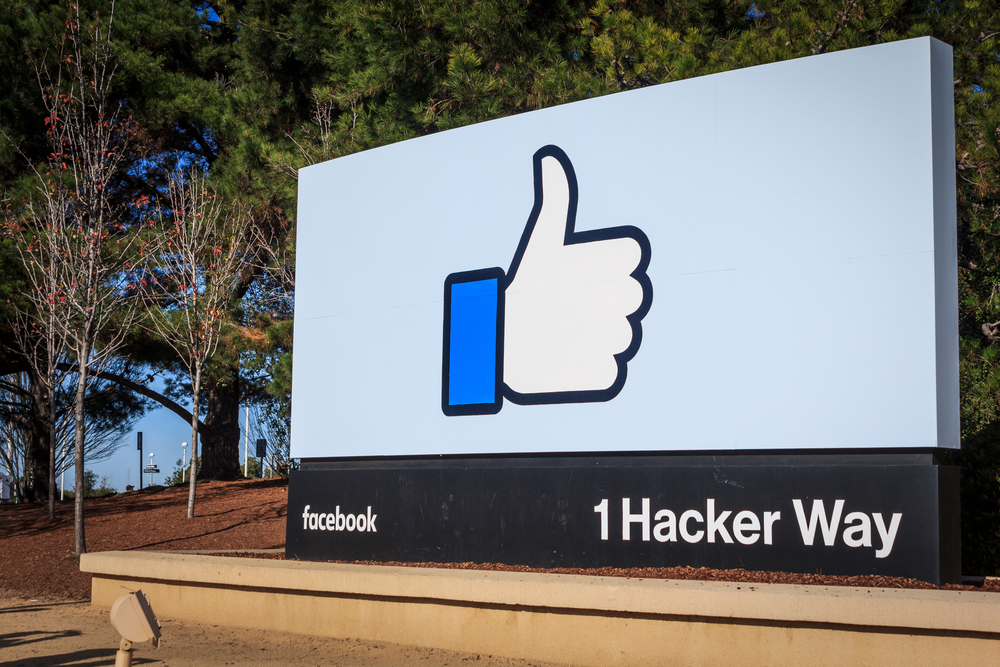
The US Supreme Court has rejected Facebook’s attempt to scale back a $15 billion class-action lawsuit that accuses the company of illegally tracking its users’ internet activity.
On Monday, justices turned down the social media giant’s appeal of a lower court’s ruling, allowing the lawsuit to move forward, Reuters reported.
The nationwide lawsuit accuses Facebook of violating the Wiretap Act by tracking users’ online activities that utilize features, such as the platform's “like” button, without their consent between April 2010 and September 2011.
The lawsuit alleges that Facebook stopped its nonconsensual tracking after a researcher exposed it in 2011. The lawsuit argues that the company broke the law when it used plug-ins and cookies to collect users’ data before selling the information to advertisers.
Facebook claims it protects users’ privacy and shouldn’t face liability over commonplace computer-to-computer communications.
In its appeal to the Supreme Court, Facebook argued that it’s not liable under the Wiretap Act because Facebook is a party to the communications at issue by virtue of its plug-ins.
“Facebook was not an uninvited interloper to a communication between two separate parties; it was a direct participant,” the company said in a legal filing.
Sign up today and you will receive a free copy of our Future Focus 2025 report - the leading guidance on AI, cybersecurity and other IT challenges as per 700+ senior executives
A federal judge had initially dismissed this lawsuit in 2017, but the San Francisco-based 9th U.S. Circuit Court of Appeals revived it in a ruling last year, allowing the lawsuit to move forward.
“Facebook’s user profiles would allegedly reveal an individual’s likes, dislikes, interests and habits over a significant amount of time, without affording users a meaningful opportunity to control or prevent the unauthorized exploration of their private lives,” the 9th Circuit said in its ruling.
Facebook has more than 2 billion users worldwide, including more than 200 million in the US.
The social media giant previously faced a different class-action lawsuit following the revelation it collected data logs of messages and phone calls through its smartphone apps.
That lawsuit alleges Facebook’s terms and conditions didn’t make it clear it would harvest call and message data within its apps.
After the Cambridge Analytica scandal, Facebook users were incentivised to dig through the information Facebook had on them, which revealed the data scraping the lawsuit brings to the court.
Following that scandal, Facebook also suspended tens of thousands of apps from its platform as part of a wider investigation into its data-sharing practices.
-
 Microsoft unveils Maia 200 accelerator, claiming better performance per dollar than Amazon and Google
Microsoft unveils Maia 200 accelerator, claiming better performance per dollar than Amazon and GoogleNews The launch of Microsoft’s second-generation silicon solidifies its mission to scale AI workloads and directly control more of its infrastructure
-
 Infosys expands Swiss footprint with new Zurich office
Infosys expands Swiss footprint with new Zurich officeNews The firm has relocated its Swiss headquarters to support partners delivering AI-led digital transformation
-
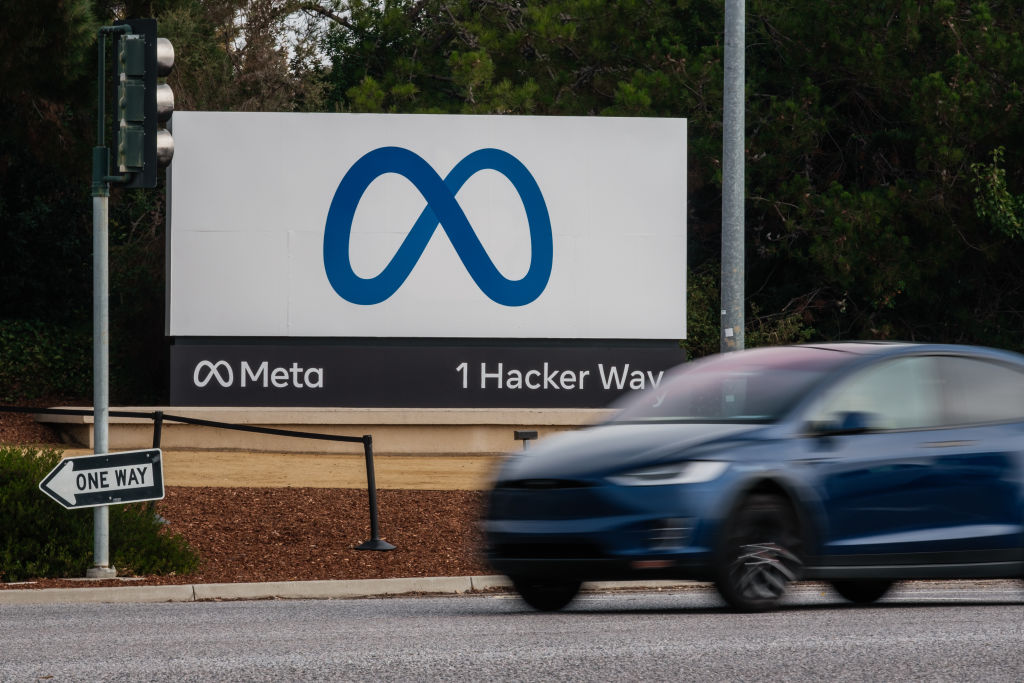 Meta cuts 11,000 staff, citing wrong call on investment
Meta cuts 11,000 staff, citing wrong call on investmentNews Mark Zuckerberg informed employees that the company needs to become ‘leaner’ through spending cuts
-
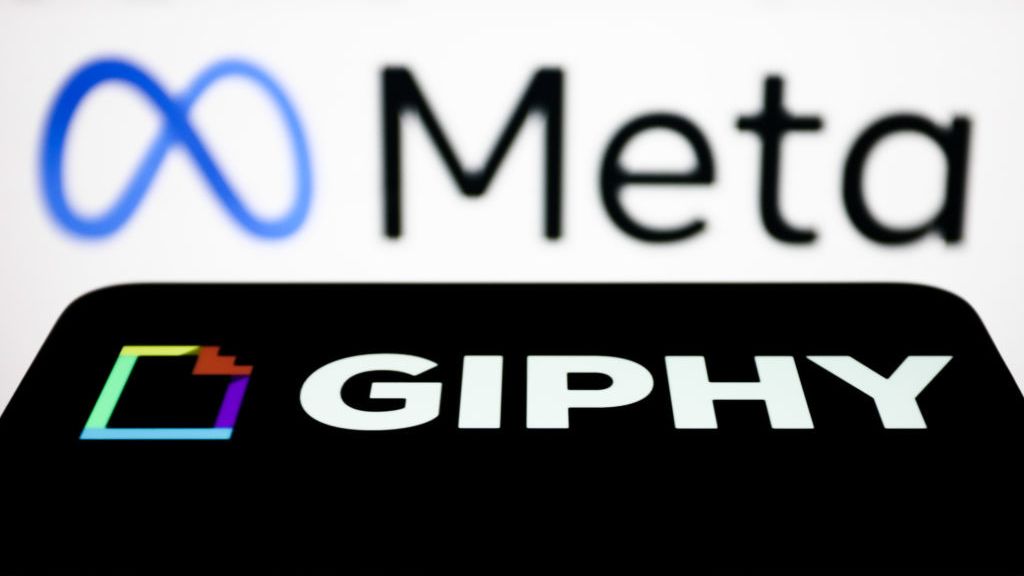 Meta ordered to sell Giphy in CMA ruling
Meta ordered to sell Giphy in CMA rulingNews After more than a year of investigation, the watchdog says Meta's acquisition reduces competition across social media and advertising
-
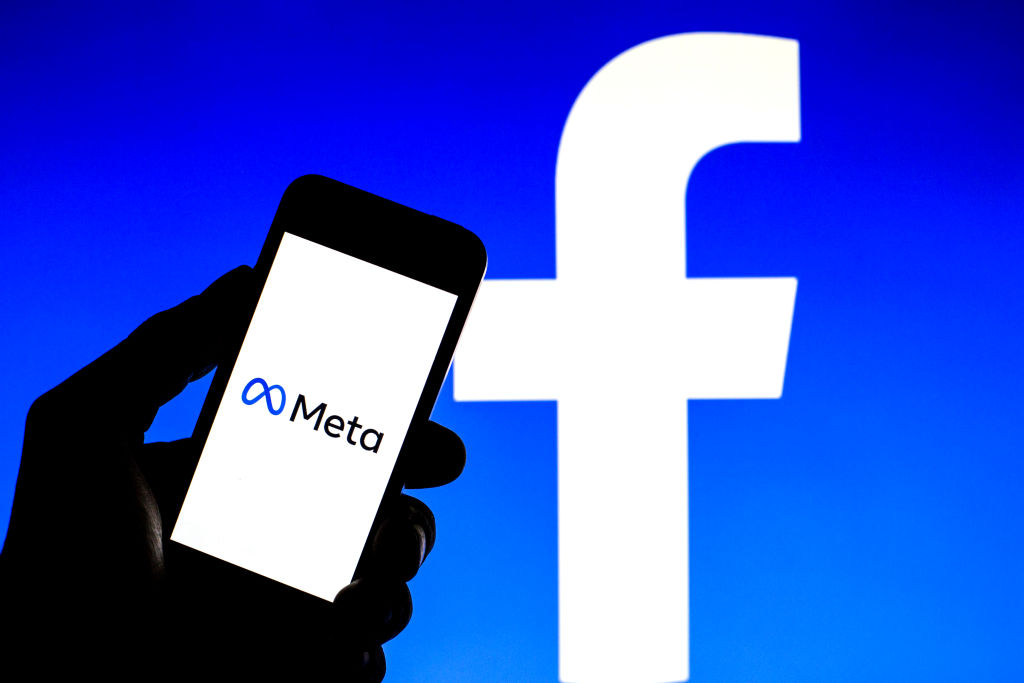 EU inches closer to blocking Meta from sending personal data to US
EU inches closer to blocking Meta from sending personal data to USNews The decision still needs to be approved by other European data regulators, but could see the shut down of Instagram and Facebook on the continent
-
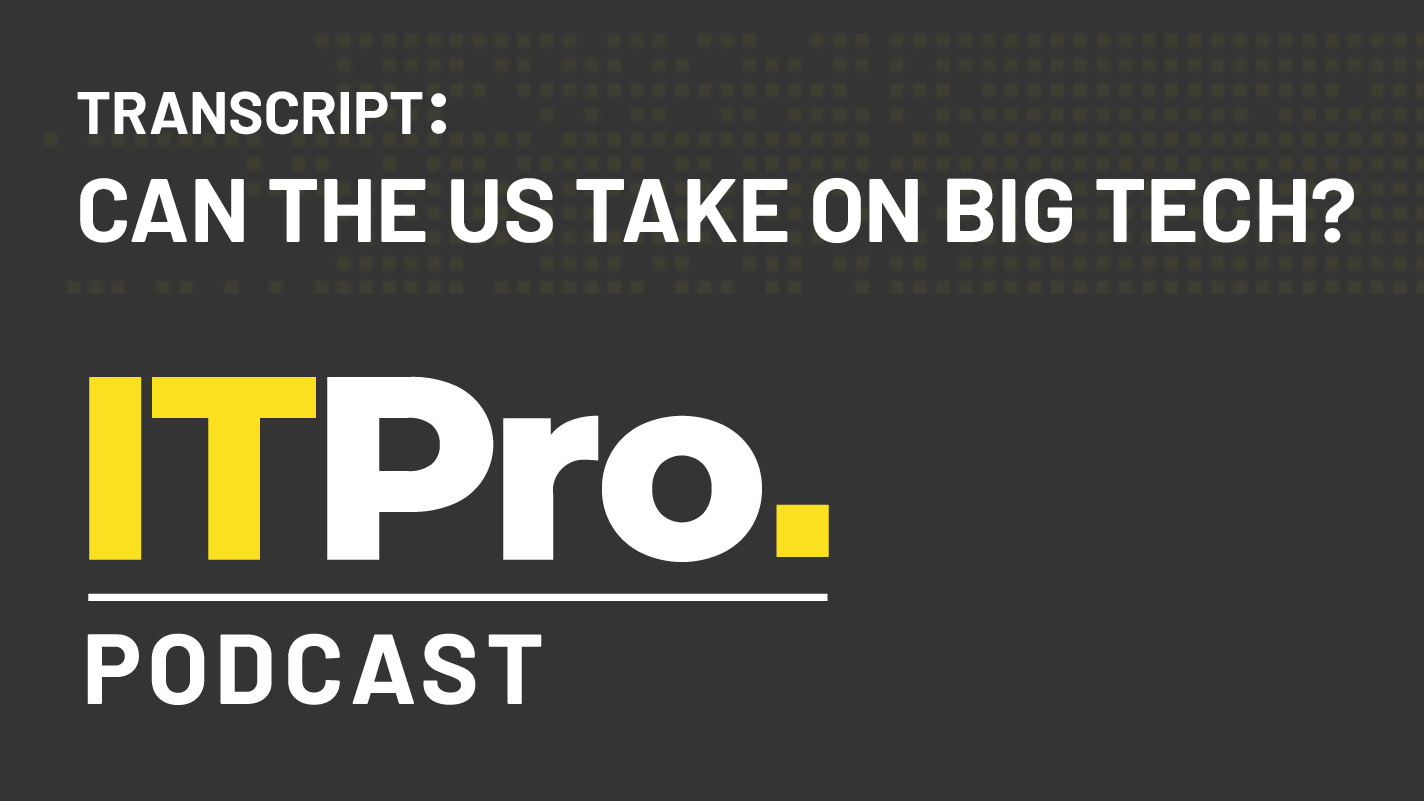 Podcast transcript: Can the US take on big tech?
Podcast transcript: Can the US take on big tech?IT Pro Podcast Read the full transcript for this episode of the IT Pro Podcast
-
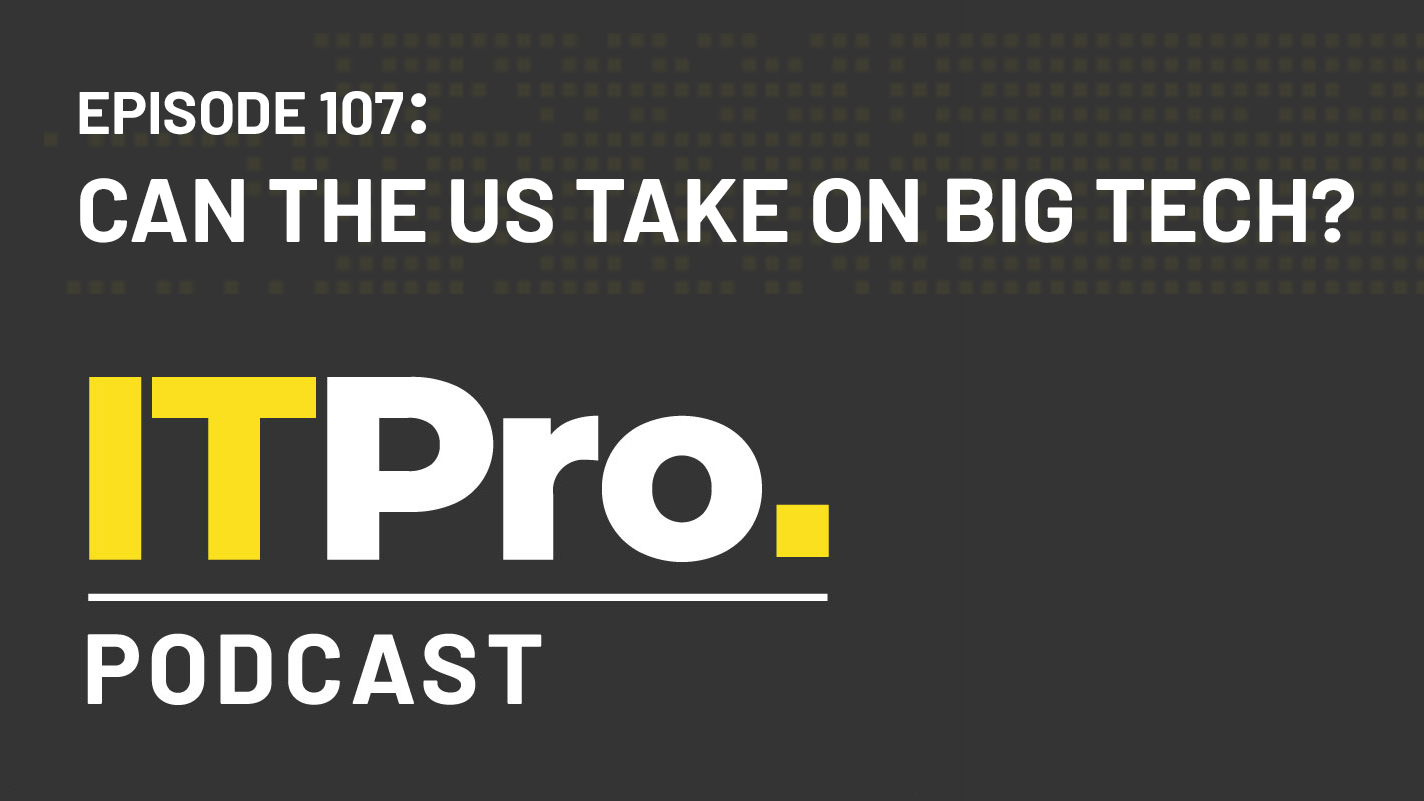 The IT Pro Podcast: Can the US take on big tech?
The IT Pro Podcast: Can the US take on big tech?IT Pro Podcast We take a look at the multiple anti-monopoly bills being aimed a Silicon Valley giants
-
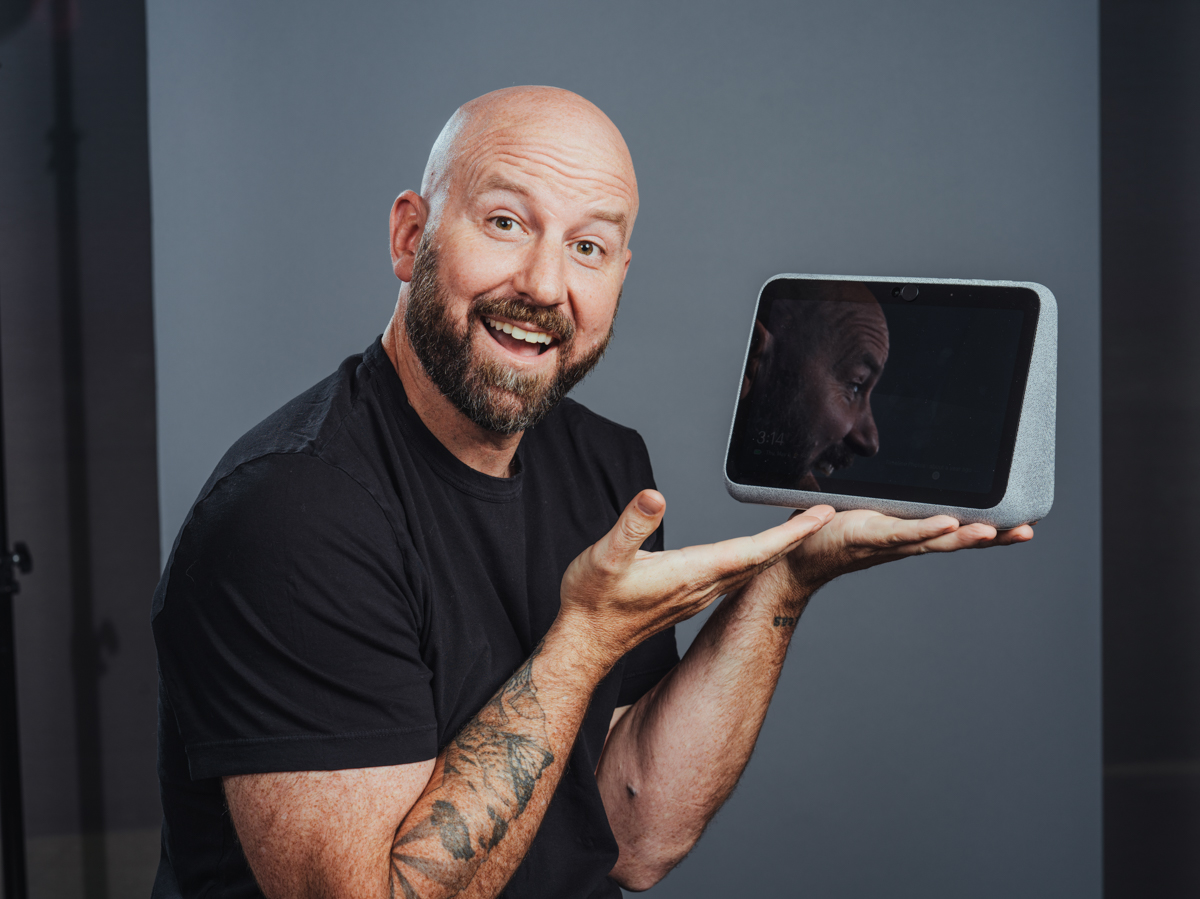 Andrew Bosworth to replace Mike Schroepfer as Facebook CTO
Andrew Bosworth to replace Mike Schroepfer as Facebook CTONews Zuckerberg calls move "foundational" as it seeks to broaden hardware efforts and build its 'metaverse'
-
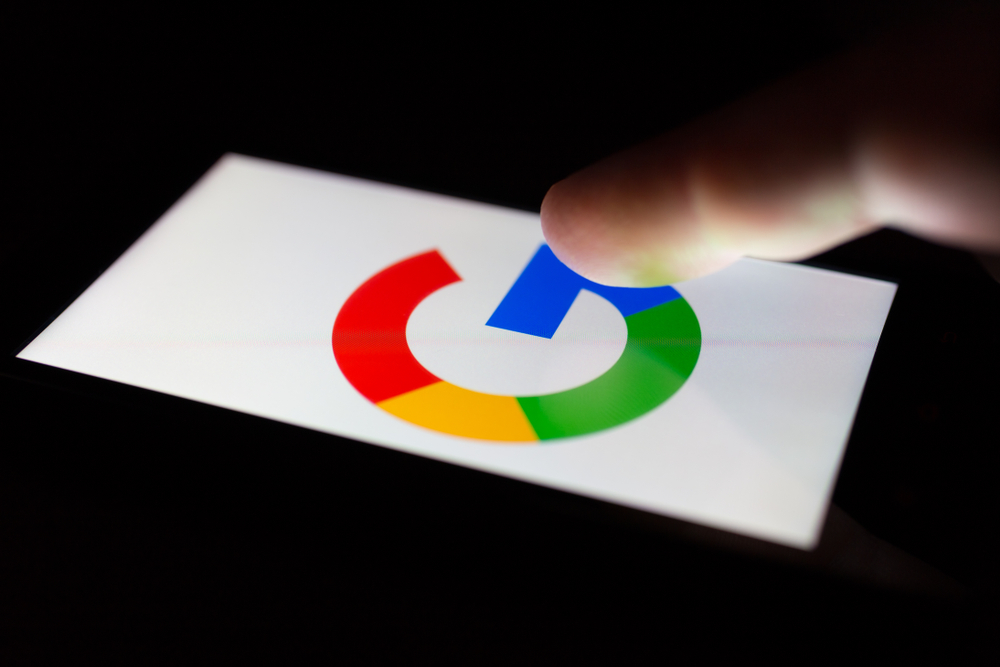 Google, Microsoft fight over documents in antitrust lawsuit
Google, Microsoft fight over documents in antitrust lawsuitNews The search giant claims Microsoft won’t hand over records, while Microsoft asks why it should
-
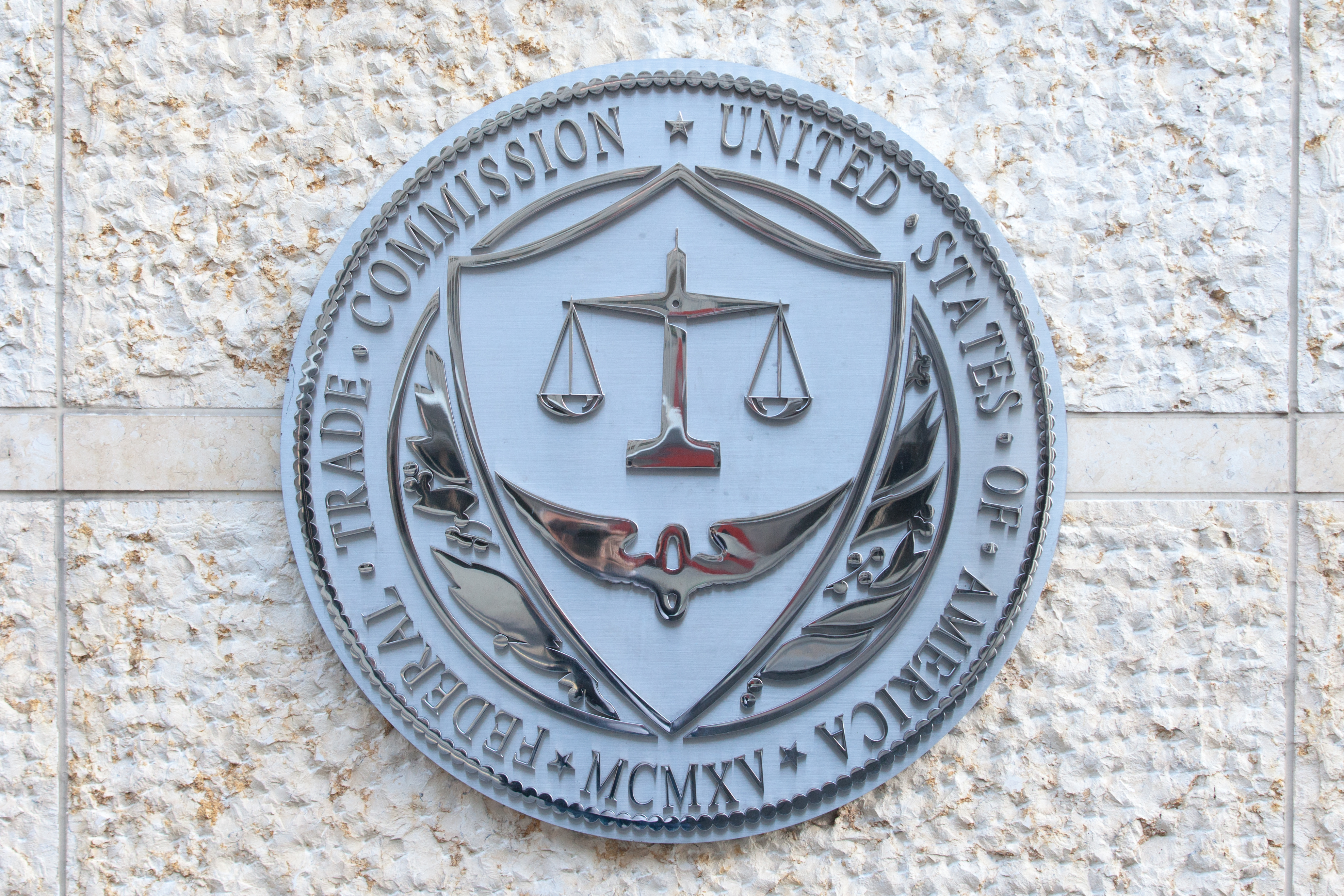 Federal court extends FTC deadline in its Facebook antitrust case
Federal court extends FTC deadline in its Facebook antitrust caseNews Commission has until August 19 to file a new antitrust complaint